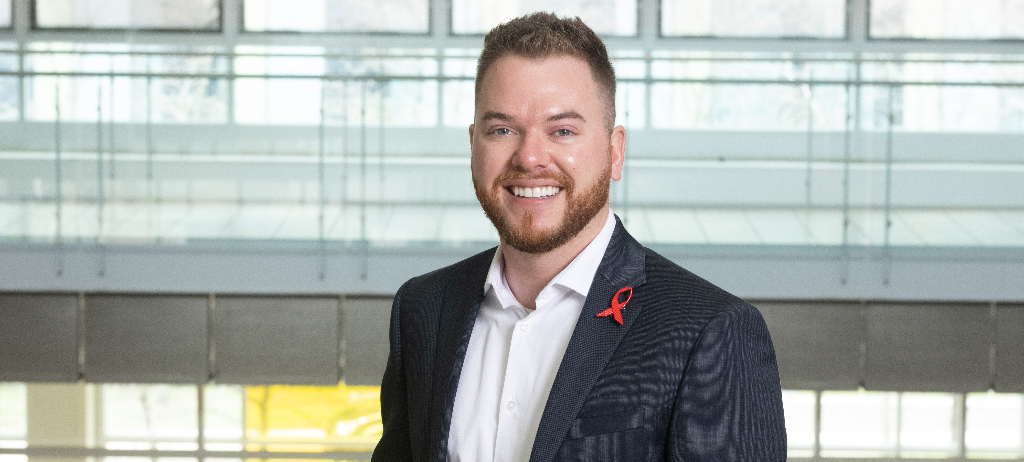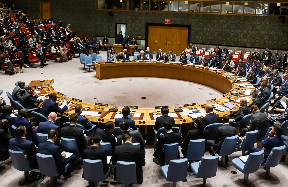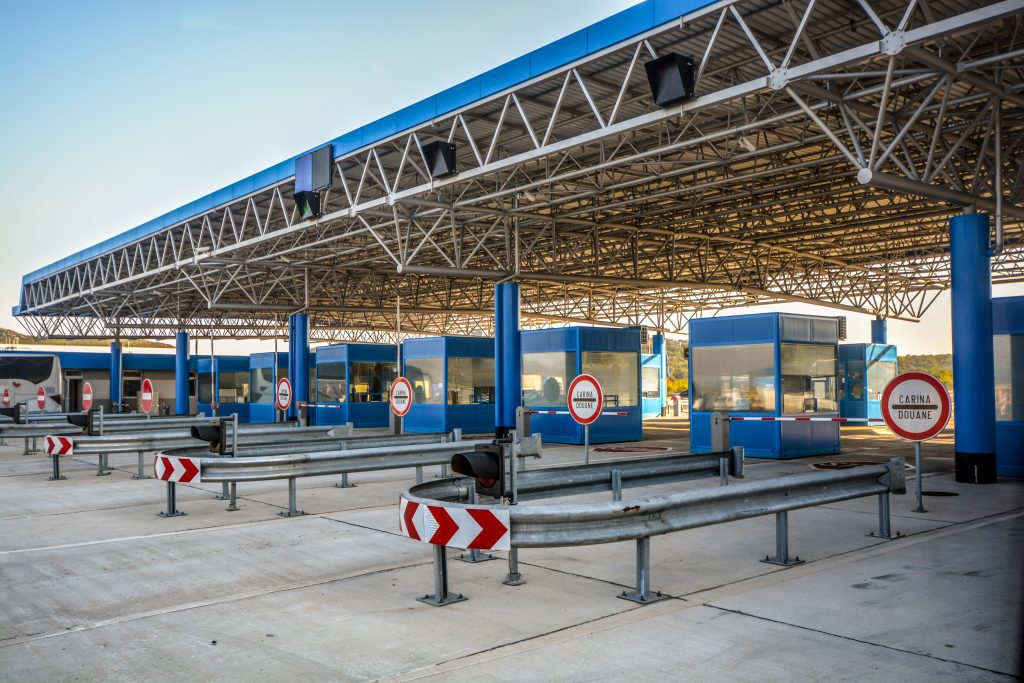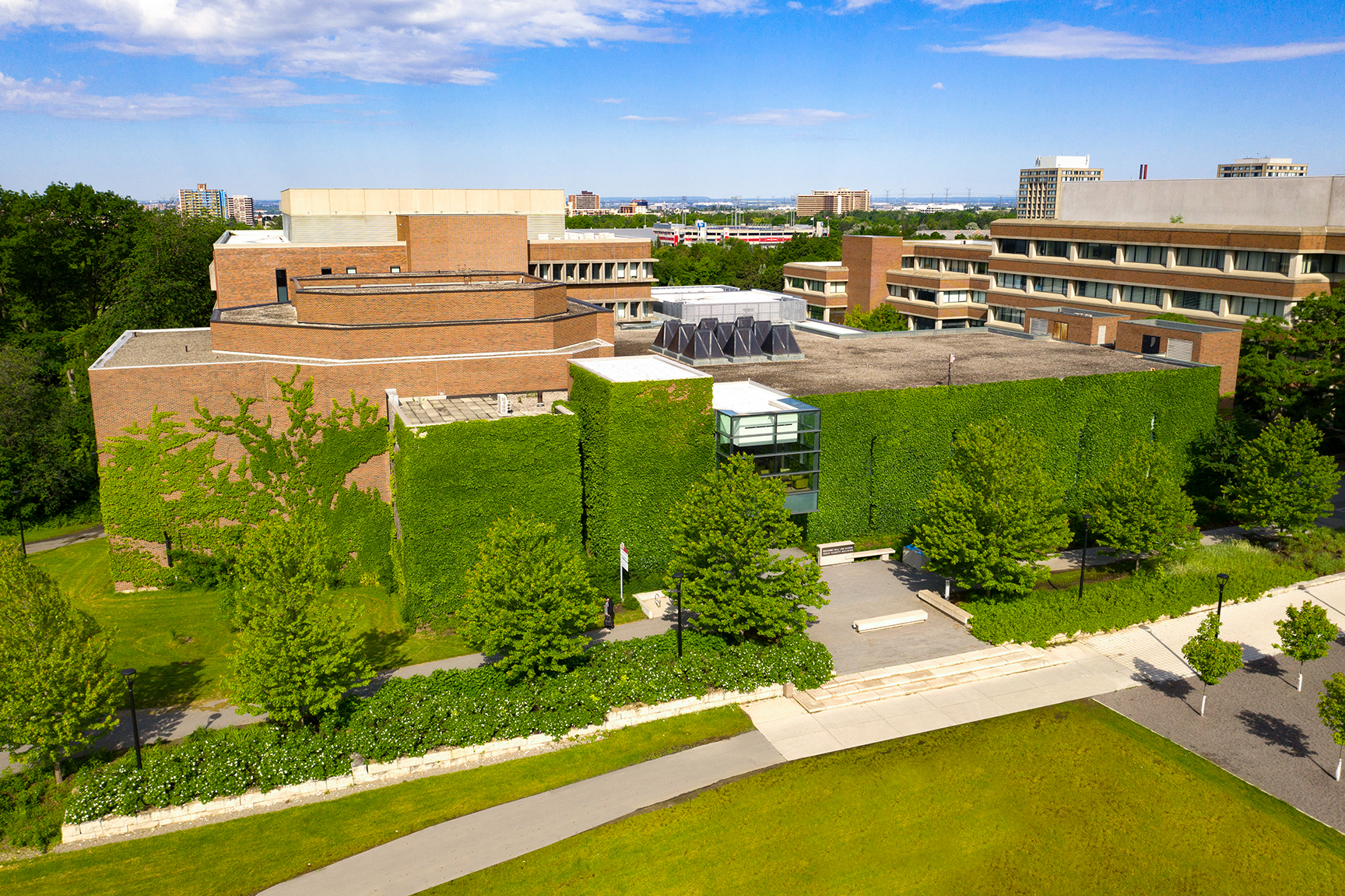Compassion and a strong moral compass is essential to every democratic society.
Promote peaceful and inclusive societies for sustainable development, provide access to justice for all, and build effective, accountable and inclusive institutions at all levels. Yet, persecution, injustice and abuse still run rampant and are tearing at the very fabric of civilization. Goal 16 ensures that we tackle abuse, organized crime, corruption and violence through strong institutions and global standards of justice.


Indigenous Research Ethics Board created
Pictured here: Sean Hillier, a Mi’kmaw scholar and co-chair of the Indigenous Council at York and Chair of the team that enabled the establishment of the IREB.
In July 2022, York launched a wholly autonomous Indigenous Research Ethics Board (IREB) – a first among post-secondary institutions in Canada. Work is underway to ensure the board is operational during the 2023-24 academic year. The IREB will mesh its unique approach with Tri-Council standards and requirements. “It is a significant move in returning to Indigenous people agency, authority, and sovereignty in knowledge production on this land,” said Susan Dion, the associate vice-president of Indigenous initiatives at York University.
Facts
341
publications

(2020-2022)

28%
of publications co-authored with international institutions

15+
years providing free education in the global south for refugees

Indigenous Framework developed in partnerships with York's Indigenous Council

50+
programs relevant or related to SDG 16

4
major scholarships programs for students who are SDG leaders or global changemakers

16+
scholarships or awards to pursue SDG-relevant collaborative learning opportunities with overseas partners

6+
Canada Research Chairs engaged in SDG 16-related research

3
programs focused on providing scholarships or free education in Toronto and overseas to refugees, involuntarily displaced students, and students from low & lower-middle income countries.

400+
graduates who have received free access to degree and micro-credential programs who are refugees in East Africa between 2013-22

300+
global experiential learning partners

10
interdisciplinary Organized Research Units and Catalyzing Interdisciplinary Research Clusters
*Borderless Higher Education for Refugees (BHER project) a consortium of Canadian and Kenyan universities and NGOs.




















